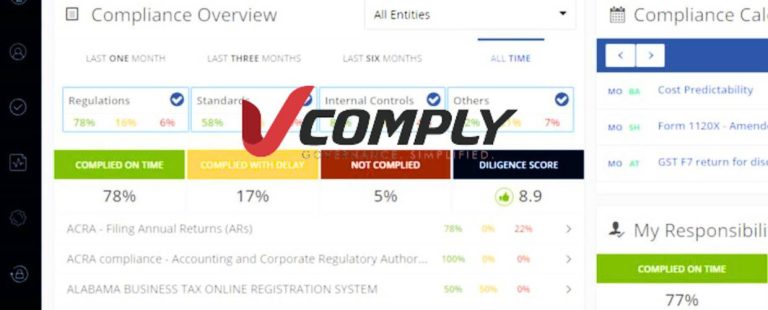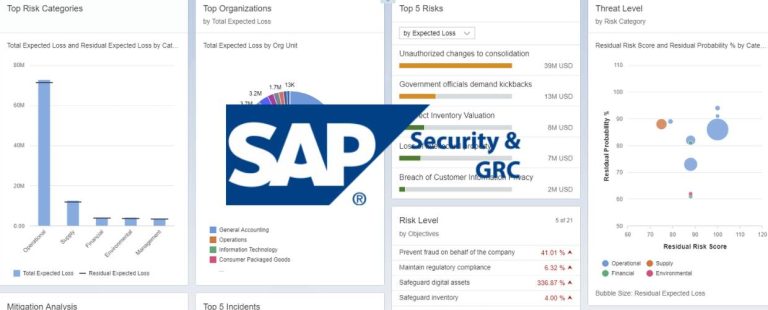In the ever-evolving world of business, where globalization and connectivity have become the norm, efficient supply chain management (SCM) logistics is critical for organizations aiming to gain a competitive edge. This article delves deeper into the significance of SCM logistics, its core components, and its revolutionary influence on refining supply chains to facilitate smooth operations and heightened customer satisfaction.
The Significance of SCM Logistics
SCM logistics plays a vital role in the success of any business, as it helps to manage the flow of goods and services from the supplier to the end consumer, ensuring that they reach their destination on time and in good condition.
Timely and Efficient Delivery
In the age of instant gratification, timely delivery of goods and services is non-negotiable. SCM logistics functions as the linchpin that ensures products reach their destinations promptly, meeting customer demands and significantly reducing lead times. It not only pleases customers but also enhances the reputation and reliability of the business.
Cost Optimization
The financial aspect of any business must be considered. Effective SCM logistics minimizes operational costs by streamlining processes, optimizing routes, and minimizing wastage. By doing so, companies can maintain competitiveness and drive profitability, allocating resources more efficiently.
Inventory Management
The balance between having enough stock to meet customer demands and preventing overstocking is challenging. SCM logistics plays a pivotal role in striking this equilibrium. Through advanced forecasting techniques and efficient inventory management strategies, businesses can ensure that the right products are available at the right time without incurring the costs of surplus inventory.
Supply Chain Visibility
The ability to monitor and comprehend the flow of goods and information across the supply chain is crucial. SCM logistics provides real-time visibility, offering businesses insights into the status of shipments, identifying potential bottlenecks, and facilitating proactive problem-solving. This transparency promotes smoother operations and enables businesses to address issues promptly.
Critical Components of SCM Logistics
Critical Components of SCM Logistics include inventory management, transportation, warehousing, demand planning, and supplier management.
- Transportation Management: This facet involves intricate planning, optimizing, and execution of the movement of goods through various transportation modes. Whether road, air, sea, or rail, effective transportation management ensures goods travel efficiently, minimizing delays and costs.
- Warehousing and Distribution: Warehouses act as pivotal nodes in the supply chain, facilitating storage, sorting, and distribution of products. Efficient warehousing and distribution processes ensure that goods are readily available, helping businesses meet customer demands promptly while minimizing storage costs.
- Inventory Control: Managing inventory levels is a delicate balancing act. Efficient inventory control involves accurate demand forecasting, timely replenishment, and ensuring stock levels align with actual requirements. It prevents costly stockouts or surplus stock situations.
- Information Technology Integration: In today’s technology-driven era, integrating advanced tools is paramount. Warehouse Management Systems (WMS) and Transportation Management Systems (TMS) are vital in streamlining operations. These systems facilitate efficient tracking, reporting, and data analysis, allowing businesses to make informed decisions.
- Supplier and Vendor Management: Collaboration with suppliers is the cornerstone of a robust supply chain. Effective supplier and vendor management ensure a smooth flow of materials and products. Building strong relationships can lead to better terms, reduced lead times, and enhanced reliability.
- Risk Management: Disruptions are inevitable in any supply chain, whether due to natural disasters, geopolitical events, or other unforeseen circumstances. SCM logistics includes a comprehensive risk management strategy to identify potential vulnerabilities, formulate contingency plans, and minimize the impact of disruptions.
Transformative Impact of SCM Logistics
SCM Logistics has a transformative impact on businesses, enabling them to streamline their supply chain processes and optimize the delivery of goods to customers.
- Customer Satisfaction: The culmination of efficient SCM logistics is satisfied customers. Prompt deliveries and accurate order fulfillment increase customer satisfaction, building trust and loyalty. Happy customers are likelier to become repeat buyers and recommend the brand to others.
- Cost Efficiency: Streamlined SCM logistics not only enhance customer satisfaction but also lead to substantial cost savings. Optimized transportation routes, efficient inventory management, and reduced operational inefficiencies directly contribute to lower overall supply chain expenditures.
- Improved Responsiveness: Agility is a prized trait in the modern business landscape. SCM logistics allows businesses to respond rapidly to changing market demands and customer preferences. The streamlined supply chain allows for quicker adjustments to production and distribution strategies.
- Supply Chain Resilience: The global business environment is prone to disruptions. Effective risk management strategies within SCM logistics bolster supply chain resilience. By identifying potential risks, developing contingency plans, and fostering a flexible supply chain, businesses can mitigate the impact of disruptions on their operations.
Conclusion
In a world where businesses strive for differentiation, SCM logistics is a pivotal differentiator. It optimizes supply chain operations, reduces costs, and elevates customer satisfaction. From transportation and warehousing to inventory control and risk management, each facet of SCM logistics contributes to the harmonious flow of goods and information.
As markets evolve, embracing efficient SCM logistics becomes necessary for businesses to maintain competitiveness in the dynamic business landscape. Companies can harness the transformational power of SCM logistics by investing in technological integration, robust risk management strategies, and enhanced supply chain visibility. It enables them to provide exceptional products and services, uphold their competitive edge, and drive sustainable growth and success in the long run.










